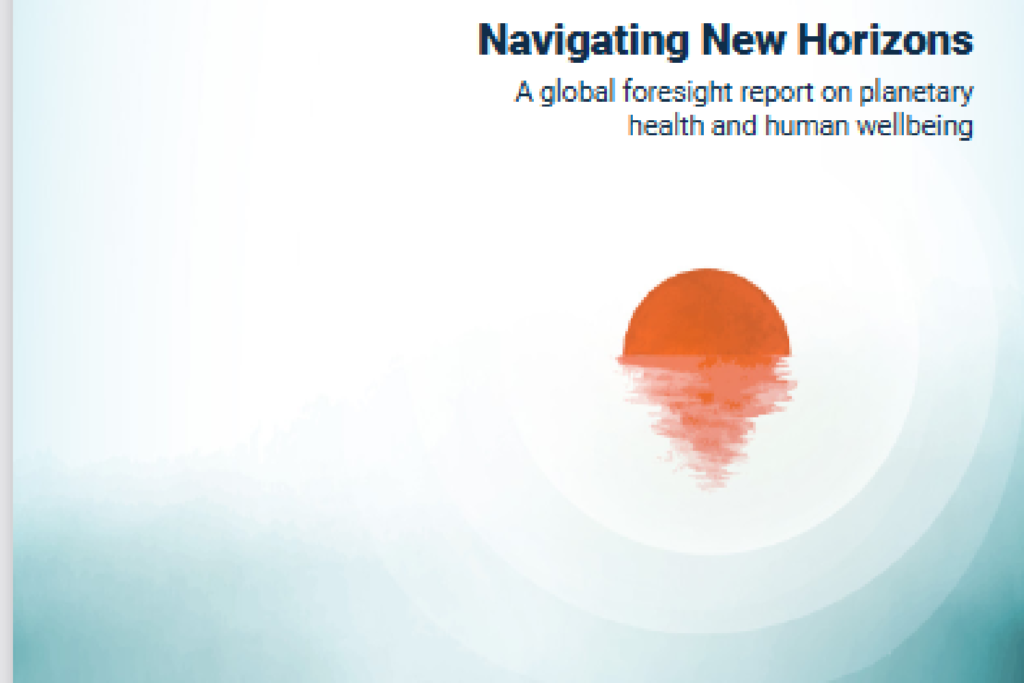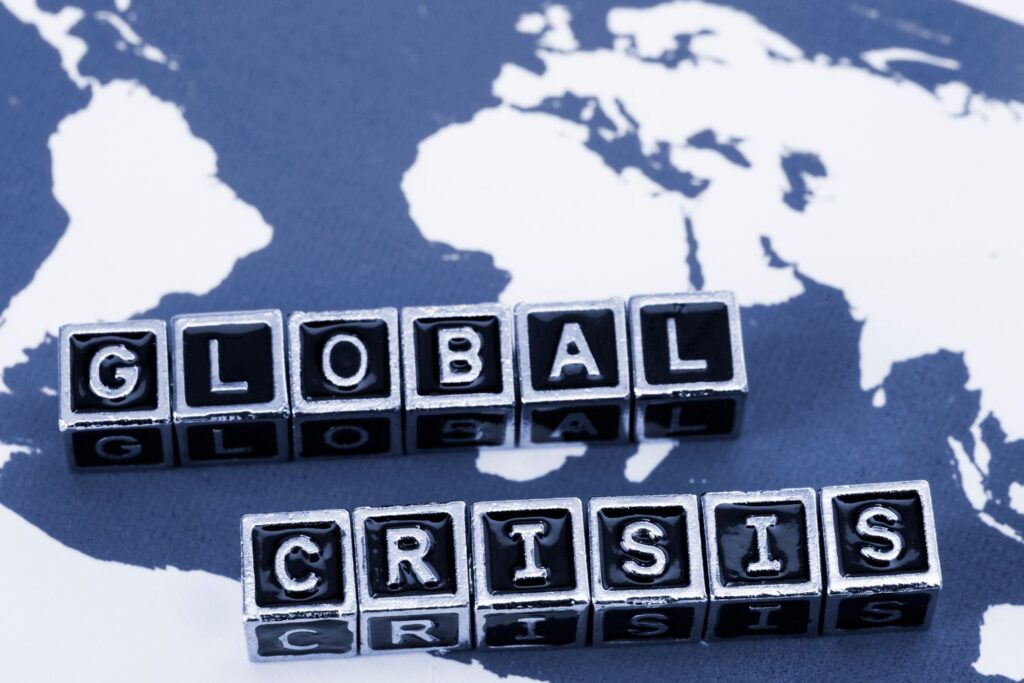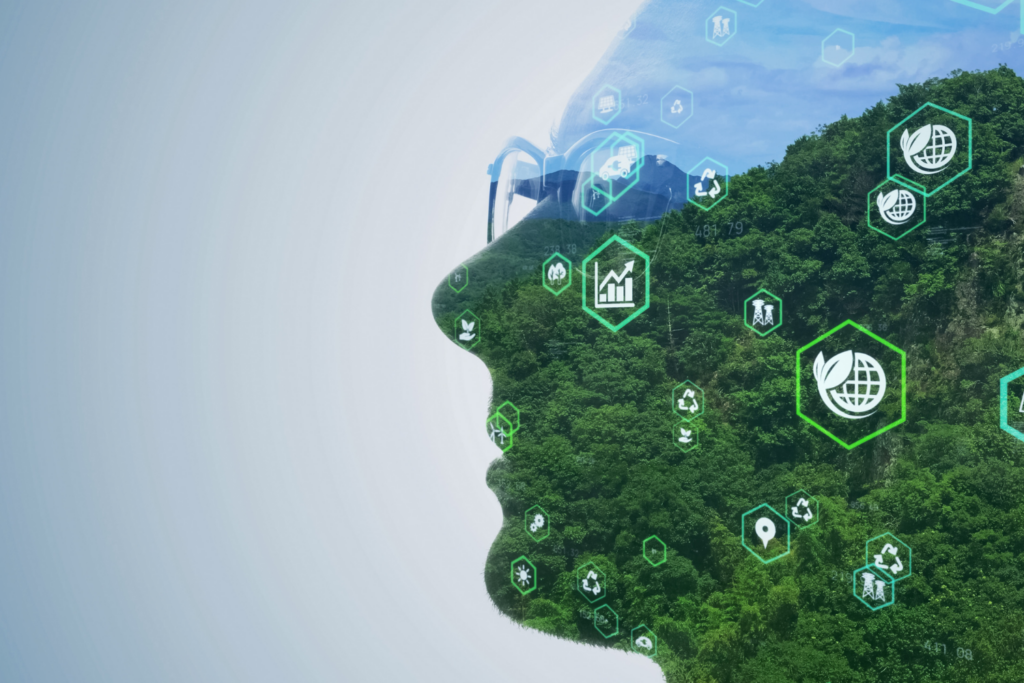Navigating New Horizons: A global foresight report on planetary health and human wellbeing
The report outlines the results of the strategic foresight and horizon scanning developed by UNEP to help navigate current and future uncertainty and disruptive change. It presents insights on eight critical global shifts that are accelerating the planetary crisis of climate change, biodiversity and nature loss and, pollution and waste.










